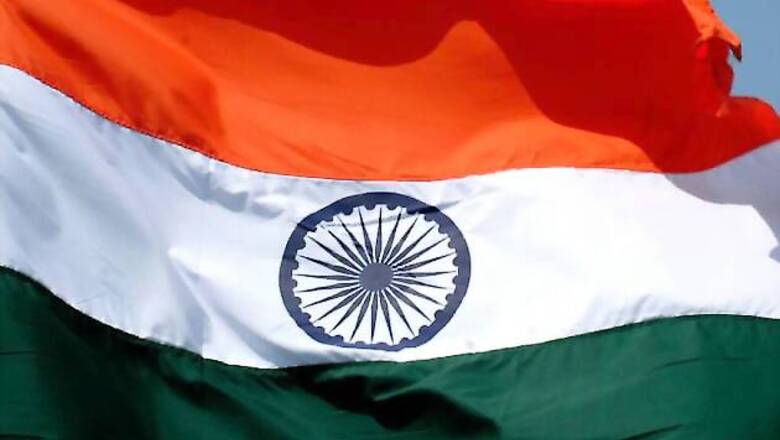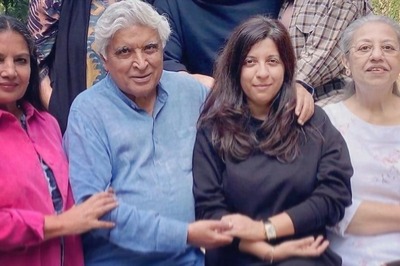
views
Washington: India has called for an "integrated and interconnected" response to global developments anchored by the International Monetary Fund (IMF) to effectively secure growth in an environment of global stability.
"The IMF has a critical role in anchoring global coordination in order to effectively harness the positive externalities of durable global economic and financial stability," Indian Finance Minister Pranab Mukherjee told the International Monetary and Financial Committee of the global lender Saturday.
"This will create the basis for more fundamental reform that creates a virtuous cycle of inclusive growth with low inflation, growing trade, and an international financial architecture that prevents future global financial instability and mitigates the adverse effects of crises," he said.
In the Indian economy, growth moderated to 6.9 percent during 2011-12 (April-March) after a robust rebound from the knock-on effects of the global crisis of 2008-09, Mukherjee noted.
"The current slowdown can be attributed almost entirely to the weakening of industrial growth, which is increasingly correlated with the global manufacturing cycle in an adverse external environment," he said.
Weakening domestic demand conditions, especially with regard to investment, also played a role in the moderation, he said.
Noting that there has been some softening of inflation during January-March 2012, though inflationary risks remain on the upside, Mukherjee said going forward, inflation is expected to be range bound around 6.5 percent and GDP growth could show a slight recovery to 7.3 percent in 2012-13.
Global energy prices continue to pose a risk to growth and inflation due to geo-political factors and the global macroeconomic situation, he said.
With export growth outpaced by import growth, the current account deficit for 2011-12 is expected to be higher than in the preceding year as a proportion to GDP.
In face of the widening current account deficit, the moderation in capital inflows during 2011-12 caused largely due to deleveraging by the European banks and adverse global sentiments could pose an additional challenge in macroeconomic management in the period ahead, Mukherjee said.

















Comments
0 comment